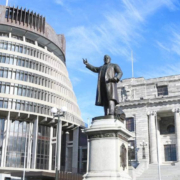Many women I know are livid that the NZ coalition government’s Pay Equity Amendment Bill was passed this week by Parliament.[i] This has brought back Fair Pay Agreement processes, as previously laid out in the Equal Pay Act, to a grinding halt. The outcome is the cancellation of 33 claims being currently negotiated, along with several tighter restrictions making it much harder to make such claims in future.
We cannot understand the waves and forms of Palestinian resistance unless we understand the inter-generational effects of the initial forced displacement of Palestinians and the obliteration of all vestiges of Palestinian occupation of the land followed by a rewriting of history through a Jewish supremacist and anti-Arab lens.
A recent debate on The Standard about trans rights touched on a range of issues – dead naming, the use of preferred pronouns, the actual incidence of sex self-ID related harm to women since the passing of legislation, access to toilets, and so on. If this was a 1960s British comedy, it would be titled Carry On Up The Cul-de-sac.
The issue of female-only facilities such as public lavatories1 changing rooms, domestic violence and rape crisis centres, hospital wards and prisons has to be placed in both an historical and a contemporary context.
If you allow yourself to be distracted, diverted and divided by any single issue at this horrifyingly dangerous point in history, you are complicit in a looming catastrophe.
In an interview in March this year, in response to a question from Ash Sakar about whether the housing of trans prisoners in the female estate puts women prisoners at risk of assault, Professor Judith Butler said that until people identify how much at risk female prisoners are from guards and from other women prisoners, we should not even be asking the question.
Employers and business owners, who wish to extract maximum profits by paying their lowest ranked and most precariously employed workers a pittance, are the people most likely to welcome the new right wing coalition government’s repealing of NZ’s Fair Pay Agreement. Unsurprisingly, given the long history of women being an exploited sex-class, there tends to be a disproportionally high percentage of women in such low paid positions.
NZ Labour, Te Pāti Māori, The Opportunities Party and the Women’s Rights Party all have some policies that will benefit women, especially those on low incomes. I would prefer any of them to form a government compared with National, ACT and NZ First.
But, which one could I vote for?
The NZ Green Party have some very good policies for women and low-income people, particularly ones that will help a fair number of women struggling to pay essential bills. However, they have significant silences, confusions, and/or contradictions in their policies and plans that will have a negative impact on females.
Contact Us
womensliberationaotearoa@gmail.com
Please email us with essays you’d like published or anything else you’d like to bring to our attention.
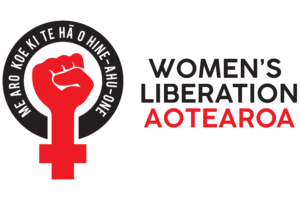
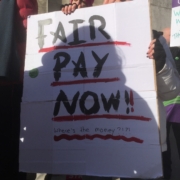 Creative Commons Attribution-Share Alike 4.0 International license.
Creative Commons Attribution-Share Alike 4.0 International license.
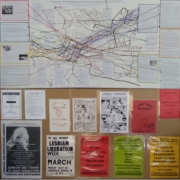

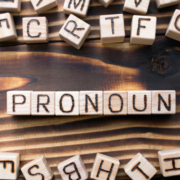
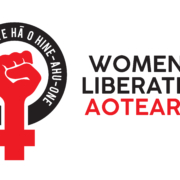

 CC BY 2.0 Deed: Attribution 2.0 Generic
CC BY 2.0 Deed: Attribution 2.0 Generic 